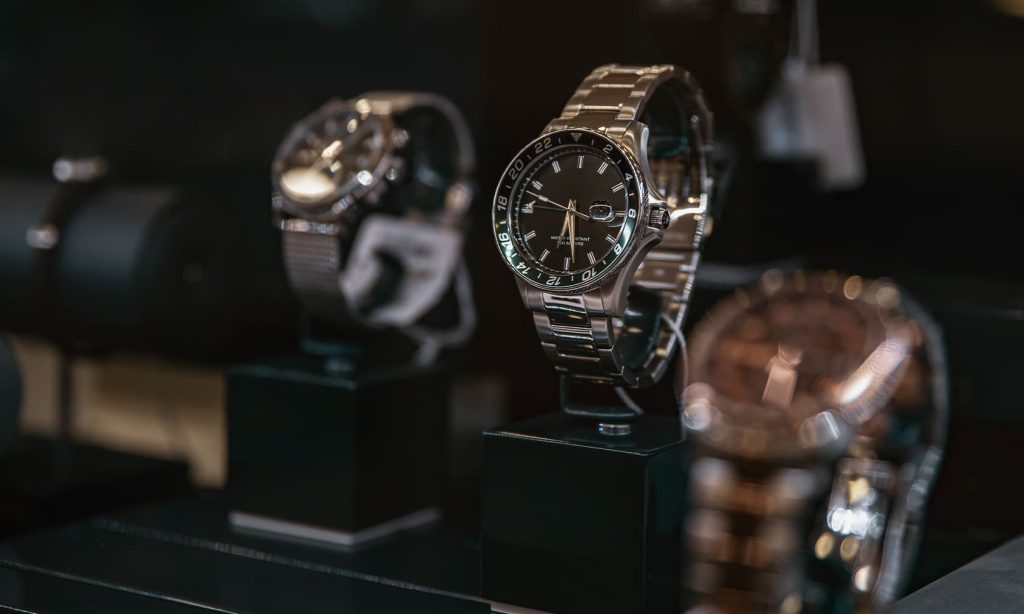Watches often hold significant value—both financial and sentimental. Whether you have a collection of luxury timepieces or a single heirloom watch, you’ll want to ensure they’re passed down according to your wishes. In New York, estate planning for specific items like watches requires careful consideration, as the state does not allow incorporation by reference. Here’s how to ensure your watches end up in the right hands.

What Is Incorporation by Reference?
Incorporation by reference allows you to attach an external document (like a list of personal items and beneficiaries) to your will, making it legally binding. However, New York law does not permit this. Instead, you must specifically include your wishes in the will or trust itself.
Options for Leaving Watches to Your Beneficiaries
1. Include Watches Directly in Your Will
- Be Specific: Name each watch and its intended beneficiary in your will. For example: “I leave my Rolex Submariner, serial number XXXX, to my son John Doe.”
- Describe Clearly: Provide details like the brand, model, and any serial numbers to avoid confusion or disputes.
Pros: Simple to implement.
Cons: Watches may go through probate, delaying the transfer.
2. Use a Trust for Your Watches
- Place your watches in a trust and specify the beneficiaries in the trust agreement.
- Trusts can avoid probate and ensure faster, private distribution of your watches.
Example: “I direct the trustee to distribute my Patek Philippe Calatrava, serial number XXXX, to my daughter Jane Doe.”
Pros: Avoids probate and provides privacy.
Cons: Requires setting up and funding the trust.
3. Gift Watches During Your Lifetime
- Consider gifting watches to your beneficiaries while you’re alive. This simplifies the process and ensures your wishes are fulfilled.
- Keep in mind potential gift tax implications if the value exceeds the annual exclusion limit ($17,000 per person as of 2023).
Pros: Immediate transfer with no probate.
Cons: Reduces your control over the watches after gifting.
4.Create a Separate Memorandum (With Limitations)
- Although not legally binding in New York, you can create a separate memorandum listing who should receive each watch.
- Mention the memorandum in your will as a guide for your executor, but understand that the executor isn’t obligated to follow it.
Example: “I request that my executor distribute my personal property according to the memorandum I’ve prepared.”
Pros: Provides additional guidance.
Cons: Not enforceable by law.
Key Tips for Estate Planning with Watches
- Appraise Your Watches: Get a professional appraisal to establish their value for your estate plan and avoid disputes among beneficiaries.
- Store Safely: Keep your watches in a secure location (e.g., a safe deposit box) and share access details with your executor or trustee.
- Communicate Your Wishes: Let your beneficiaries know your plans to avoid surprises or misunderstandings.
- Work with a Professional: Consult an estate planning attorney experienced in New York law to ensure your wishes are legally enforceable.
Leaving watches to your beneficiaries in New York requires clear and specific planning. Whether you choose a will, trust, or lifetime gifting, the key is to be detailed and deliberate. With proper planning, you can ensure your treasured timepieces are passed down exactly as you envision, preserving both their value and the memories they hold.
Need help with your estate plan? Contact us to secure your legacy today!


